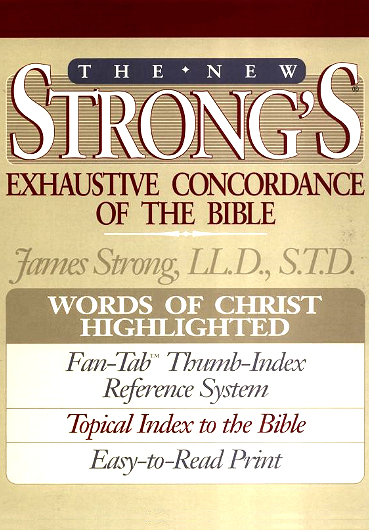If it is (present tense) Good enough for God, it is good enough for me.
Since the 1560 Geneva Bible was good enough for God for at least 50 years, do you say that it is [present tense] still good enough for God and that it is good enough for you?
Here are some thought-provoking questions that attempt to apply KJV-only claims, KJV-only questions, and KJV-only reasoning consistently and justly.
If KJV-only advocates really believe that the Geneva Bible was the inspired or pure Word of God in English in 1560 and believe their own claims concerning the word of God, should they have been unwilling to have one word or even one syllable of it changed?
Do Ruckman and other KJV-only advocates take the English translation “given by inspiration” at 2 Timothy 3:16 in the 1560 Geneva Bible “to be the truth” and to mean that the Geneva Bible was given by inspiration of God [for example, see Ruckman‘s
Biblical Scholarship, p. 355]?
Do KJV-only advocates maintain that the f1560 Geneva Bible, which was the translation received, accepted, believed, and used by English-speaking believers before 1611, was “given by inspiration” or “divinely inspired” by definition of Scripture or the word of God?
Should English-speaking believers in 1560 have accepted the Geneva Bible as their providentially-appointed final authority according to a consistent, just application of KJV-only reasoning? Should believers have assumed that God so protected His word in the Geneva Bible so that nothing could have been lost in the translating and so that there could be no errors in it to mislead its readers?
Were English-speaking believers in 1560 and for the next fifty years supposed to accept and believe every word of their received English Bible that God had provided them as pure, inspired, and perfect?
Were those saved under witnessing, teaching, or preaching from the Geneva Bible born of corruptible seed or incorruptible seed?
Since the Geneva Bible was sufficient for English-speaking believers for at least fifty years and perhaps one hundred years, did it supposedly become insufficient in 1611 or in 1660?
Which English Bible did Jesus or the Holy Spirit use from 1560 until 1610?
Since the Lord Jesus Christ used the Geneva Bible for at least fifty years, would He change and use a different one according to a consistent application of KJV-only reasoning?
If Jesus had brought a KJV to church with Him in 1611, would it undermine the historical integrity of His words in English the previous fifty years?
Had our English Scriptures been wrong for over 50 years until a new group of translators finally got them right in 1611?
If the 1560 Geneva Bible did not contain all the words of the LORD without error, is it being suggested that God made an error in permitting it to be made, published, and received in the first place?
If English-speaking believers did not have in the 1560 Geneva Bible a translation containing all of God’s words and only God’s words, would KJV-only reasoning suggest that God gave them a defective foundation and authority?
Would KJV-only reasoning suggest that God preserved error instead of truth in the 1560 Geneva Bible?
Do KJV-only advocates imply that God revoked inspiration at some point in time before 1611 [such as in 1560] and only reinstated it in 1611?
Did the making of a new English translation in 1611 call into question the accuracy of the pre-1611 English Bible?
When readers of the 1611 KJV saw that some words and phrases found in the Geneva Bible were missing in the KJV, when they saw that the KJV added words, phrases, clauses, or a verse not found in the Geneva Bible, and when they saw the hundreds and thousands of differences between the two, were they supposed to assume that the doctrines of Bible inspiration, preservation, and inerrancy were destroyed?

